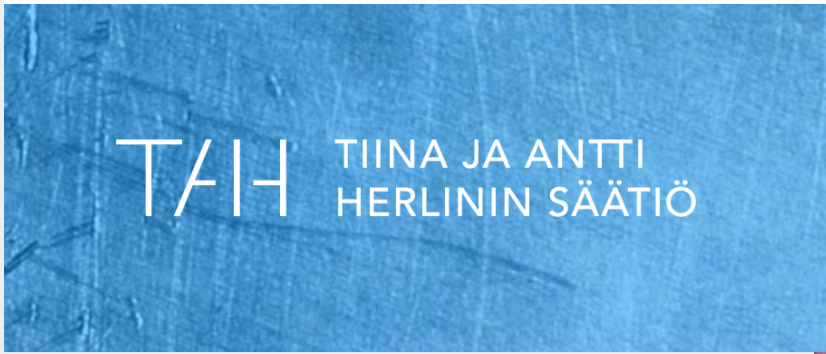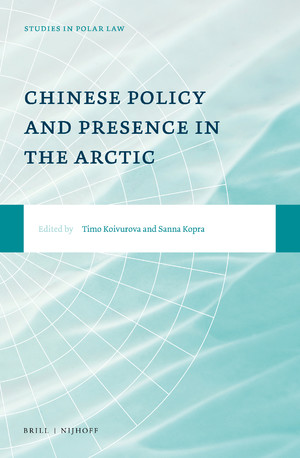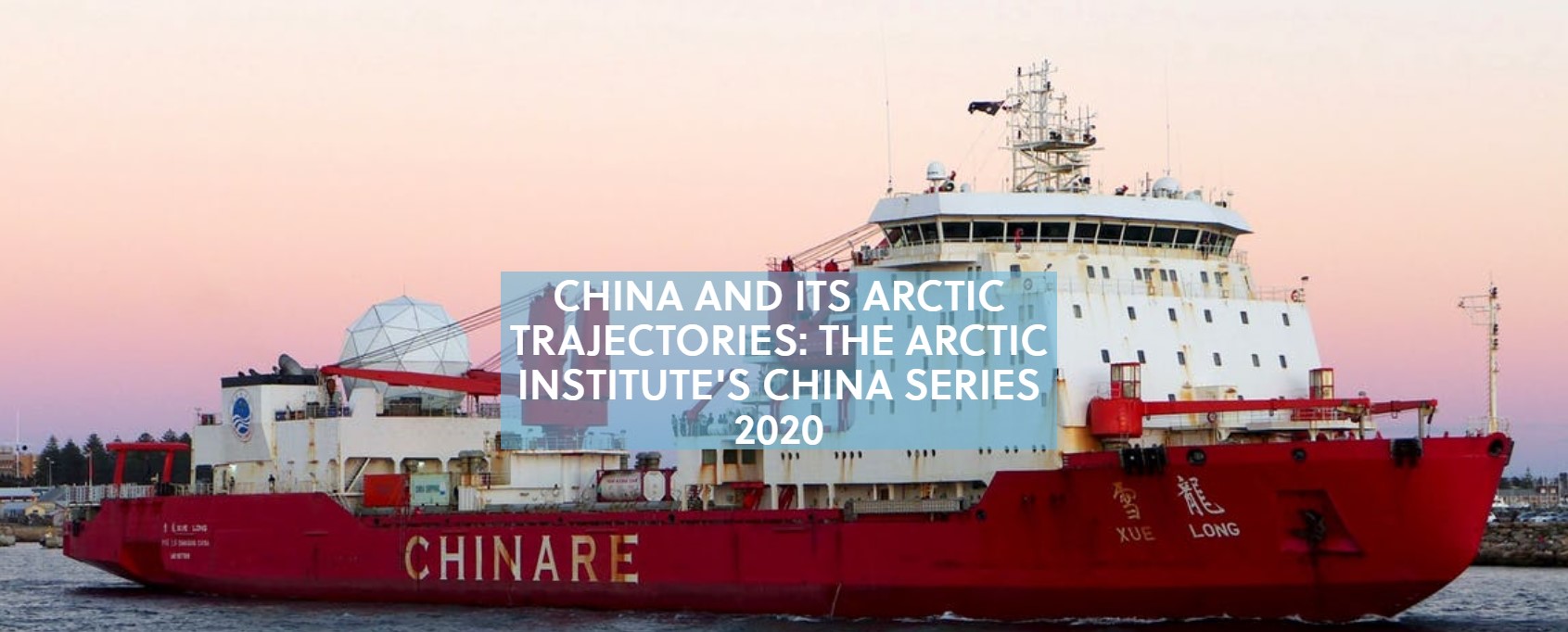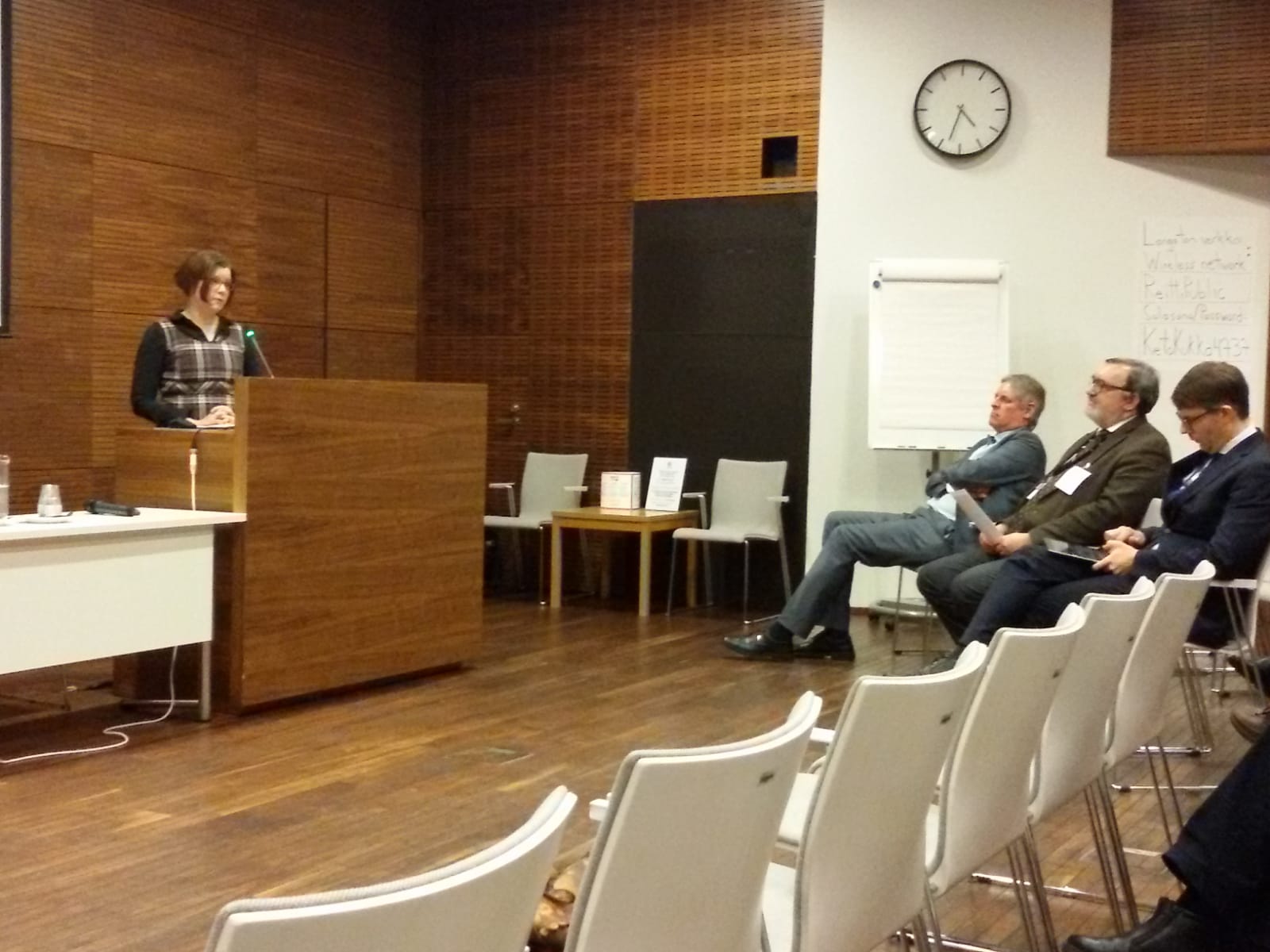While all the world is affected by the coronavirus pandemic, the oil market is not an exception. The prices have been plummeting since March, when Saudi Arabia and Russia engaged in the oil price war. YLE tried to explain what is going on now with the oil market and published an article “Pandemia iski myös öljymarkkinoille: Sekoitti Venäjän ja Saudi-Arabian hintasodan kortit” (The pandemic hit also the oil market: Shuffled Russian and Saudi price war cards). Professor Veli-Pekka Tynkkynen commented on the issue for the article:
So is there a solution to the price war in the midst of the coronavirus crisis?
– Time will show it. We have seen the co-operation between Opec and Russia in recent years, says Veli-Pekka Tynkkynen, Associate Professor in Russian Environmental Studies at the Aleksanteri Institute, University of Helsinki.
He believes that Russia is at a disadvantegous position in this contention.
– If we look at the drop in the price of oil, Russia’s Urals brand has decline the most. With this price of oil, Saudi Arabia is still able to generate profits for itself, unlike Russia, where production costs are starting to be higher than the current barrel price for Urals brand.
Read this and other insights in the article online.




